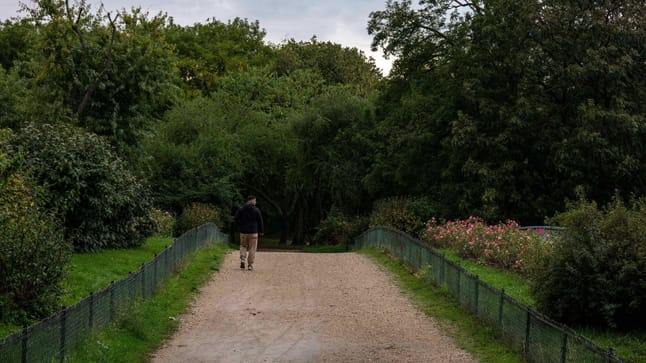The murder of a 19-year-old student in Paris has sparked intense debate over immigration policy in France. The suspect, a Moroccan man, was previously convicted of rape and was awaiting deportation.

The brutal killing of a 19-year-old student in France has triggered widespread outrage and renewed scrutiny of the country’s immigration laws. The suspect in the case, a 22-year-old Moroccan national, was set to be deported after being convicted of rape. However, due to a delay in obtaining the necessary documents from Moroccan authorities, he was released under judicial supervision instead.
The student’s body was discovered last Saturday in Paris’s Bois de Boulogne park. The victim showed signs of having been raped. Just days after the body was found, police arrested the suspect at a train station in Geneva, Switzerland, on Tuesday evening. His extradition to France is currently underway.
Politicians weigh in on the case
The incident quickly became a point of political contention, with leaders from across the political spectrum voicing strong opinions. French Interior Minister Bruno Retailleau took to social media, stating, “We must expand our legal framework,” calling for stricter measures to prevent similar situations in the future.
Jordan Bardella, leader of the far-right Rassemblement National party, lambasted the French justice system, accusing it of being too lenient. Meanwhile, Olivier Faure of the Socialist Party criticized the decision to release the suspect before the required deportation papers from Morocco were obtained. Green Party politician Sandrine Rousseau echoed calls for severe punishment of the perpetrator, while also cautioning against political exploitation of the tragedy by far-right parties.
Retailleau has long been an advocate for tighter immigration policies and has previously pushed for legal reforms to address issues like this one.
The student’s murder has reignited debates over deportation processes and the challenges faced by authorities when foreign governments fail to cooperate. Many in France are now questioning whether more robust measures should have been in place to prevent this tragedy.









